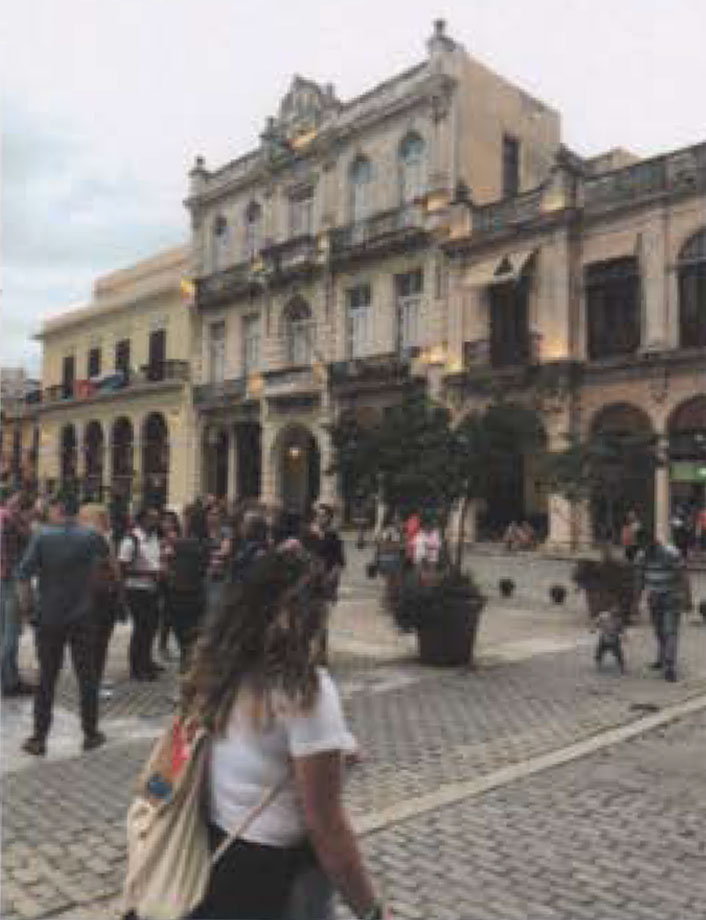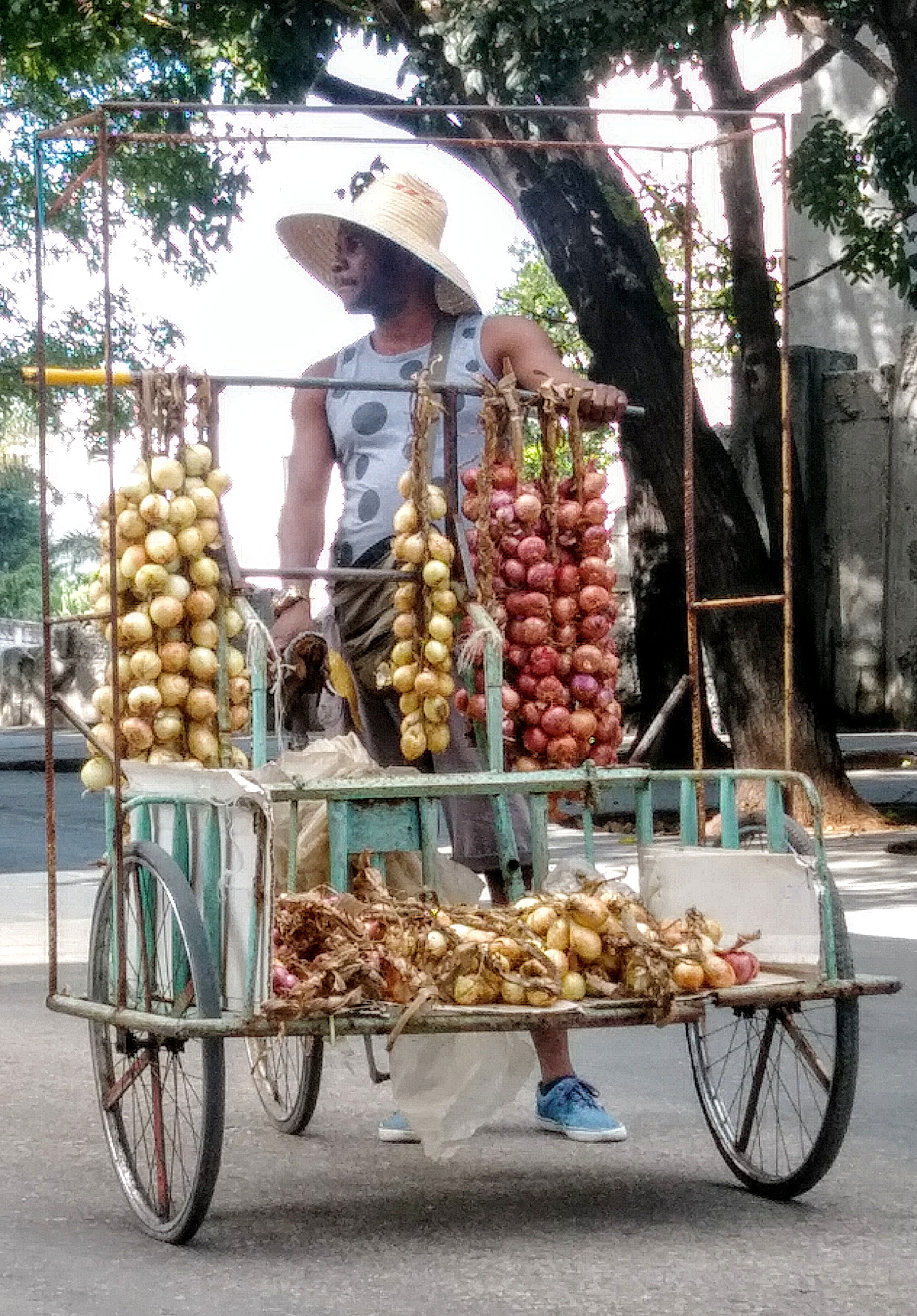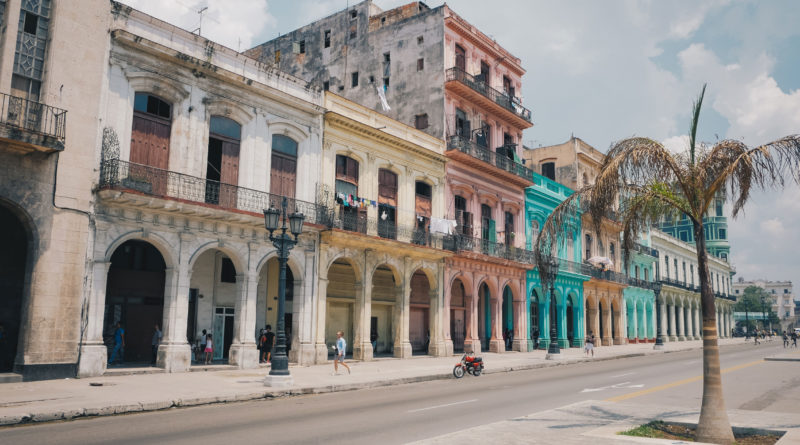Exploring Entrepreneurial Innovation in Cuba
Every January, the University of Colorado Denver Business School takes a small group of students to Cuba, a communist country with a prevailing entrepreneurial spirit.
By Barry L. McConnell, Senior Instructor in Management & Entrepreneurship
This past winter, I led 12 CU Denver students on a fascinating 12-day trip to Cuba. While this annual Global Study program covers entrepreneurship and management, the experience is much broader than these two courses alone. Undergrad and graduate students cover a range of topics, from economics to law and public policy. The experience itself is as diverse as the Cuban people.
In just under two weeks, students and I traveled to Havana and Viñales to witness the richness of Cuban culture. We met with Cuban artists, restaurateurs, tobacco farmers, Universidad de la Habana professors, bed-and-breakfast operators, and startup founders. These entrepreneurs exemplify the critical importance of passion and persistence, especially in a country lacking in government-backed incentives and riddled with obstacles.

The Emerging Cuban Economy
Communist Cuba has little to no banking system and, as such, almost no access to credit or startup and operating capital. Most business transactions are done in cash, and most business agreements are based on a handshake. The country has no civil court system to establish patents, protect property rights, enforce contracts, or address unfair business practices. In addition, scarcity and shortages have created lucrative opportunities in the black market.
Through this immersive program, students get a crash course in understanding Cuba’s complex political and economic system. Together, we explore how entrepreneurs continue to innovate in and transform the country’s growing economy.
Cuba’s Innovative People
Above all, I want to introduce students to Cuba’s vibrant and passionate people. They greet tourists with a smile, because tourism is the life blood of their economy (in fact, it’s expected to bring in 5 million visitors and exceed $3 billion in 2019). At any hour, walking the streets of Havana — a city about the size of Denver — is far safer than most North American cities. Crime is nearly nonexistent, especially against tourists.

Many are surprised that Cuba boasts one of the world’s highest literacy rates and a free, highly ranked education system. Cubans are in good health, because healthcare is free as well! The Cuban people are creative, colorful, friendly, and enterprising. Most Cubans subsidize their $32 to $44 monthly government salary with some service-oriented small business enterprise, often tied to tourism.
One of my favorite memories from this year’s trip involved a Cuban street vendor. Every morning, he’d push his vegetable cart through the streets of Havana and call out to his customers. They’d respond from their homes and apartments by signaling their orders to him through open windows, “Two onions, a garlic, a tomato…” It was kind of like a Cuban version of HelloFresh!
Join Our Trip to Cuba in 2020
For this year’s upcoming trip, we’ve added three days in the centuries-old city of Trinidad, located in the central part of Cuba. Far away from the hustle and bustle of Havana, Trinidad offers a glimpse into Cuba’s Spanish colonial past and the future of emerging, locally controlled capitalism. Oh yes, there’s also the white-sand beaches of Playa Ancon, several varieties of local rum, and delicious Cuban cuisine. There’s always something new to discover every year we go to Cuba.
Interested in joining this year’s trip? Request more information or apply to the program at studyabroad.ucdenver.edu before the deadline on Tuesday, October 1st.


